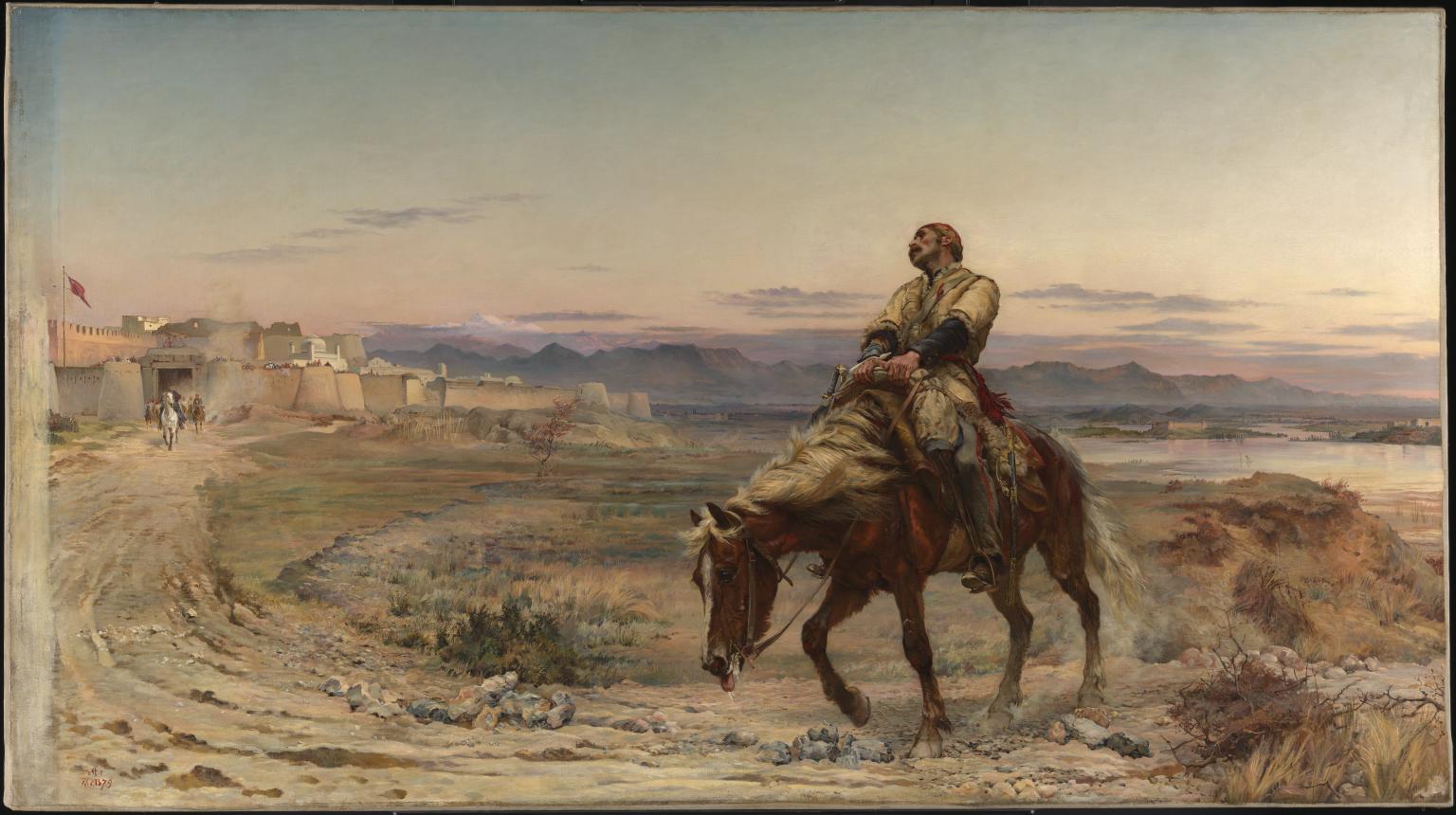William Dalrymple has always had a flair for telling a story. For Indians of my age, who have grown up equating history with memorising of dates, he has always breathed life into his stories. When I picked up Return of a King, I was all excited to plunge into the world that Dalrymple creates. I was not disappointed. This is not a new book. It was published in 2012. But hey, it talks of events of 170+ years ago, surely I can read it a few years late.

Briefly, this story is about the First Anglo-Afghan war. This review is not about to tell the story. You already know that the British forces lost that war. This story is abut how that came to happen. To know the story, you have to read the book. I can say that you will not be disappointed.
This note is more about some takeaways for me.
Throughout the narrative, I had to tell myself that I was not reading about NATO in Afghanistan today but about The British in Afghanistan, 170 odd years ago. The reason was that the British then seemed to have done exactly what the NATO forces are doing now
- Going in without a clear strategic motive.
- Disdaining and hence ignoring the local customs, traditions.
- Uninspiring leadership.
- Not understanding the power of religion in narrative.
- Losing precious lives. Taking precious lives.
- Not understanding that they cannot just undertake a regime change without supporting that change over a longer term and that costs money.
- Bankrupting the treasury in the campaign.
I could go on and on but let me just give you an example…..
Before long orders had gone out that no sepoys or British troops could stray out of the camp ‘unless going in a body and well-armed’. It was a ruling that would never be lifted for the rest of the occupation. For all their claims to be restoring peace to Afghanistan, and to be there at the invitation of the lawful sovereign of the country, the British were under no illusions as to how unpopular they were, and knew that the minute they stepped outside their heavily guarded cantonments they were likely to have their throats cut. (Dalrymple, William. Return of a King (Kindle Locations 3734-3741). Bloomsbury UK. Kindle Edition.)
Change the names and this paragraph could well apply for Afghanistan between 2002 and today. Truly Santayana was right in saying “Those who cannot remember the past are condemned to repeat it.” The only thing that was different this time round is that there are no Indian military boots on the ground. The government in India seems to have learnt something 🙂
The British deposed Dost Mohammed, replaced him with Shah Shuja (who had been in India for the 30 years) and then finally ended up restoring Dost Mohammed to the throne, after hosting him in India for a while. Dost Mohammed summed up the whole affair in these words “I have been struck by the magnitude of your resources, your ships, your arsenals, but what I cannot understand is why the rulers of so vast and flourishing an empire should have gone across the Indus to deprive me of my poor and barren country.”
I suspect the British did not have an answer then, just as NATO does not have the answers now.
I want to end by putting up a famous oil painting by Lady Butler. It is called The Remnants of an Army depicts Dr Brydon making it to the fort in Jalalabad after the entire army he was with was massacred.

That is the story of the first (and I daresay the second, third and fourth (the current) Anglo Afghan wars.
Makarand
